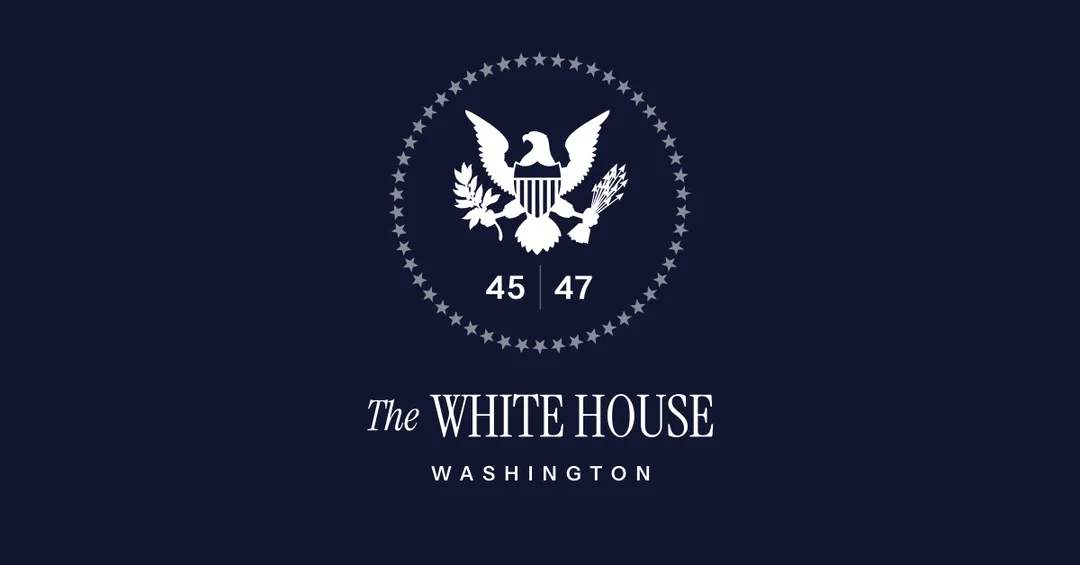
Trump’s Unprecedented Use Of Executive Power Sparks Alarm Over Retaliatory Investigations
In a move that has sent shockwaves through Washington and beyond, President Donald Trump has issued a pair of extraordinary executive orders targeting two former administration officials who became vocal critics of his leadership. The actions have been denounced as unprecedented in both intent and scope, raising grave concerns about the future of American democracy and the boundaries of presidential authority.
The controversy erupted late Wednesday, when Trump—just 11 weeks into his second term—directed the Attorney General, Department of Homeland Security, and other executive agencies to launch formal investigations into Miles Taylor, a former high-ranking DHS official, and Christopher Krebs, the former head of the agency’s Cybersecurity and Infrastructure Security branch. Notably, these moves arrived absent any clear pretext; critics argue the presidential directives seemed designed purely to punish those who have opposed or criticized the president.
Miles Taylor, whom one memorandum described as an “egregious leaker and disseminator of falsehoods,” is accused of betraying his oath by leaking classified material and manufacturing stories about internal “resistance” to the administration. The memo goes further, suggesting Taylor’s conduct might amount to “treasonous” activity possibly in violation of the Espionage Act—allegations fiercely disputed by legal analysts and former colleagues. "Taylor abandoned his sacred oath and commitment to public service by disclosing sensitive information obtained through unauthorized methods and betrayed the confidence of those with whom he served," the memo asserts, ordering an immediate suspension of any security clearances linked to him or his associates, pending review.
Simultaneously, the White House has pressed for a probe into Christopher Krebs, lauded by observers for his integrity during the 2020 election crisis. Both cases, observers say, fit a disturbing pattern: the president using the machinery of government to target individuals on what some are describing as an enemies list.
Commentators across the political spectrum, including legal experts such as conservative jurist J. Michael Luttig, blasted the moves as “shameful” and “constitutionally corrupt.” Media outlets highlighted the gravity of the moment, with one analysis deeming it a crossing of the Rubicon—borrowing the ancient metaphor for a point of no return. "To oppose Mr. Trump will mean risking punishment at the hands of the federal government," one account warned, likening the behavior to the authoritarian practices more common in illiberal regimes abroad than in a functioning democracy.
The broader significance reverberates beyond the fate of Taylor and Krebs. As Trump formalizes the use of executive authority to pursue perceived enemies, questions loom about who could be next and whether the bedrock institutions of law and civil liberties can withstand such direct assaults. Media producers, such as Steve Benen of MSNBC, caution that without resolute pushback, the door is left open for more palpably unconstitutional conduct in the future.
If these executive orders persist without significant challenge, the consequences could stretch well beyond any one administration. What does it mean for the balance of power and protection of dissent when the commander-in-chief turns government’s vast resources against critics? Is this a temporary deviation or the dawning of a more dangerous precedent?
Readers, how do you see the balance between national security and the safeguarding of whistleblower protections and dissent? Share your thoughts below and join the conversation.